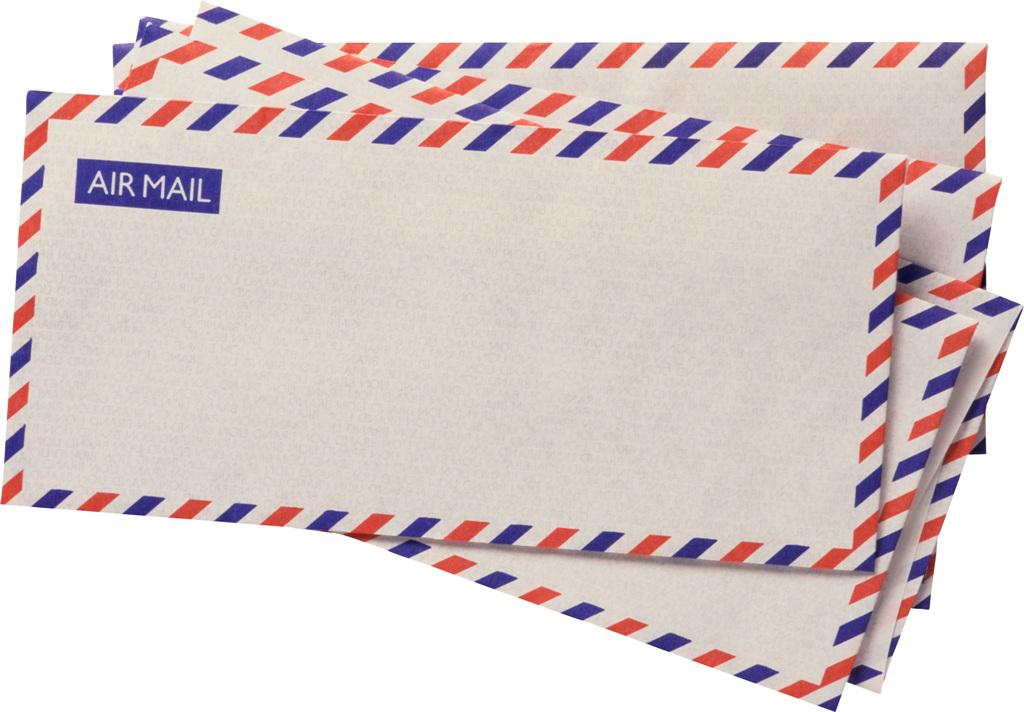
In today’s world, sustainability has become a driving force for businesses striving to make a positive impact on the environment. One small yet impactful change is the adoption of eco-friendly mailing envelopes. As businesses transition towards greener practices, eco-friendly envelopes are emerging as a vital solution. In this guide, we explore the benefits, materials, and practical applications of these sustainable alternatives, helping you make informed decisions for your business.
Why Choose Eco-Friendly Mailing Envelopes?
Switching to eco-friendly mailing envelopes offers multiple advantages for both your business and the planet. These include:
Environmental Benefits
-
Reduced Carbon Footprint: Eco-friendly envelopes are often made from recycled materials, reducing the demand for virgin resources and lowering greenhouse gas emissions.
-
Biodegradability: Many eco-friendly envelopes decompose naturally, minimizing waste in landfills.
-
Support for Circular Economy: Using recycled and recyclable materials helps keep resources in use for as long as possible.
Cost Efficiency
-
Lower Waste Disposal Costs: Biodegradable and recyclable materials reduce waste management expenses.
-
Energy Savings: Manufacturing eco-friendly envelopes typically requires less energy compared to traditional alternatives.
Enhanced Brand Image
-
Corporate Responsibility: Demonstrating commitment to sustainability can strengthen your brand’s reputation.
-
Consumer Appeal: Eco-conscious consumers prefer businesses that prioritize environmentally friendly practices.
Materials Used in Eco-Friendly Mailing Envelopes
Understanding the materials used in eco-friendly mailing envelopes can help you choose the right options for your business needs.
Recycled Paper
Recycled paper is a popular choice for eco-friendly envelopes. It is derived from post-consumer waste, such as discarded office paper, newspapers, and magazines. Benefits include:
-
Minimal use of virgin fibers
-
High biodegradability
-
Versatility for printing and customization
Kraft Paper
Kraft paper, made from wood pulp, is a durable and eco-friendly option. Characteristics include:
-
Natural, rustic appearance
-
Strength and tear resistance
-
Recyclable and biodegradable properties
Compostable Polymers
For businesses requiring water-resistant envelopes, compostable polymers like PLA (polylactic acid) are an excellent choice. These materials are:
-
Made from renewable resources such as cornstarch
-
Fully biodegradable under industrial composting conditions
Plant-Based Inks
Using plant-based inks for printing on envelopes ensures that the entire product remains eco-friendly. Advantages include:
-
Reduced toxicity compared to petroleum-based inks
-
Enhanced recyclability of the envelope
Types of Eco-Friendly Mailing Envelopes
Eco-friendly envelopes come in various types to suit different business requirements:
Standard Envelopes
Ideal for everyday correspondence, these envelopes are typically made from recycled paper and can include windowless or transparent plant-based windows. more
Padded Envelopes
For fragile items, padded eco-friendly envelopes made from recycled fibers or biodegradable cushioning materials provide extra protection.
Waterproof Envelopes
These are crafted using compostable polymers, ensuring durability without compromising on environmental standards.
Customizable Envelopes
Many suppliers offer customization options, allowing businesses to incorporate branding elements while maintaining eco-friendliness.
How to Transition to Eco-Friendly Mailing Envelopes
Transitioning to eco-friendly mailing envelopes is a straightforward process when approached systematically.
Step 1: Assess Your Needs
Evaluate your mailing requirements, including sizes, quantities, and durability.
Step 2: Source Reliable Suppliers
Partner with suppliers specializing in sustainable packaging solutions. Look for certifications like FSC (Forest Stewardship Council) or ASTM for compostability.
Step 3: Educate Your Team
Train employees about the benefits and proper use of eco-friendly envelopes to ensure seamless adoption.
Step 4: Communicate with Customers
Inform your customers about your transition to sustainable practices. Highlight this change in your marketing campaigns and packaging.
Choosing the Right Supplier
When selecting a supplier like custom product boxes wholesale for eco-friendly mailing envelopes, consider the following factors:
-
Certifications: Ensure the materials meet recognized environmental standards.
-
Customization Options: Opt for suppliers who offer branding and size flexibility.
-
Reputation: Check reviews and testimonials to gauge reliability.
-
Cost: Balance affordability with quality and sustainability.
Conclusion
Adopting eco-friendly mailing envelopes is a meaningful step towards sustainability. By switching to these environmentally conscious alternatives, your business can reduce its ecological impact, appeal to eco-conscious consumers, and enhance its brand image. Start exploring sustainable mailing solutions today and lead the way in promoting a greener future.





Leave a Reply